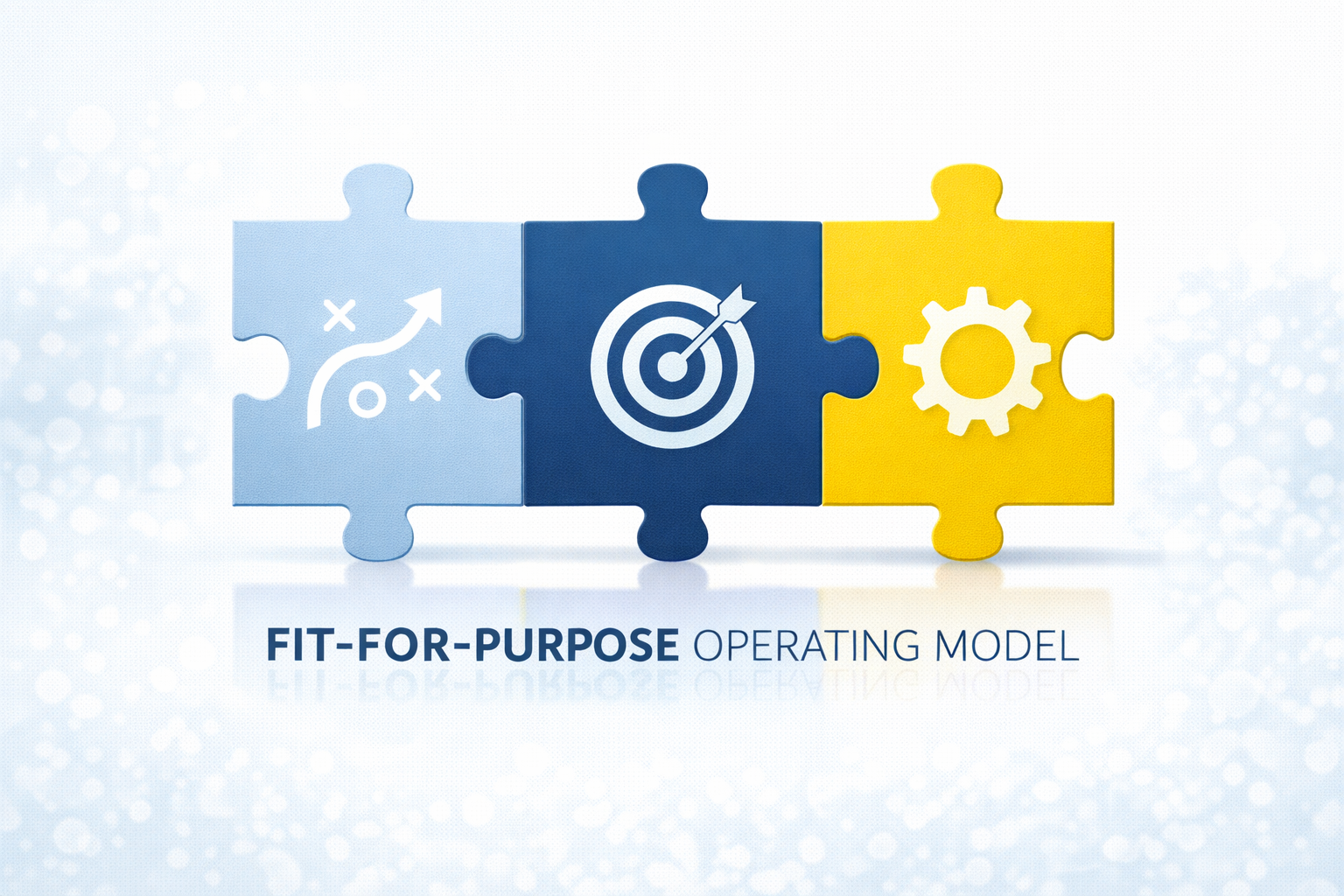
SPACs are a new phenomenon that further blurs the line between public and private markets. They are putting more pressure on private equity funds to deliver adequate risk-adjusted returns.
According to Goldman Sachs there were 249 SPAC IPOs in the US in 2020 with 175 already in the current year. US$200b has been raised and needs to be deployed. This comes on top of record levels of funding flowing into PE funds and a host of publicly traded private asset managers. The world is awash in cash, looking for a limited set of productive investments.
For private companies, SPACs provide an efficient alternative to an IPO, with its high level of governance scrutiny and administrative cost. And for investors seeking an efficient route to private market investment opportunities, SPACs offer a more efficient and more liquid route than traditional private equity. SPACs are a natural consequence of more money looking for more efficient ways to access private market value growth opportunities. As a result, PE funds face greater competition for deals in and at the same time a formidable competitor for funding. They will need to work even harder in the future to make a reasonable return and justify their existence.
But PE can differentiate from both the public markets and SPACs by driving more assertive, value-adding, entrepreneurial governance in their portfolio companies – and not just in Board rooms. Funds are therefore building industry-specific and functional expertise to better identify under-managed corporate assets and improve their performance. They will have to focus even more on finding opportunities to arbitrage management practices and governance processes in order to grow value in the future.
Funds are already moving in this direction, hiring specialist operating partners focused on talent is just one of many indications that they get it – that they understand that the fulcrum of value growth is migrating to management competence arbitrage. And, with different speed and flavours, funds are establishing structured processes to develop portfolio company leadership and exchange management best-practices. However, change is slow and incremental as PE’s transactional, deal-making culture converges with longer-term, process-driven, corporate leadership culture.
One impediment is that organisational and leadership processes don’t lend themselves to the same kind of quantification as profit and loss statements. Without hard facts, its difficult for fact-based deal-makers to take action, and its more difficult for operating partners to justify interventions. Until recently, the link to bring these two important disciplines together has been missing – that is, a way to benchmark the quality of management governance and the underlying behaviours which drive value growth.
The largest, public PE funds are furthest ahead in industrialising entrepreneurial governance to differentiate from the SPACs. They are using toolkits, like Humaticas altus, to enable operating partners and deal makers to work collaboratively with portfolio management on accelerating governance improvements at all levels, rather than wait for the Board to drive it from the top like the SPACs. SPACs represent new competition for private equity. The battle between the two will be won and lost at the cold-face of entrepreneurial governance.

In many organizations, strategy promises growth, efficiency, and innovation—but day-to-day execution tells a different story. Decisions drag. Silos persist. Accountability blurs. Leaders work harder without…
Read more
In today’s private equity landscape, the classic levers of value creation are no longer enough. As markets evolve and competition intensifies, governance is emerging…
Read more
Measuring organizational performance is difficult, especially in a way that is both systematic and genuinely useful for decision-making. In a recent Alpha Talks conversation, Ueli…
Read moreErhalten Sie jeden Monat Neuigkeiten und wertvolle Perspektiven zu Themen der organisatorischen Effektivität